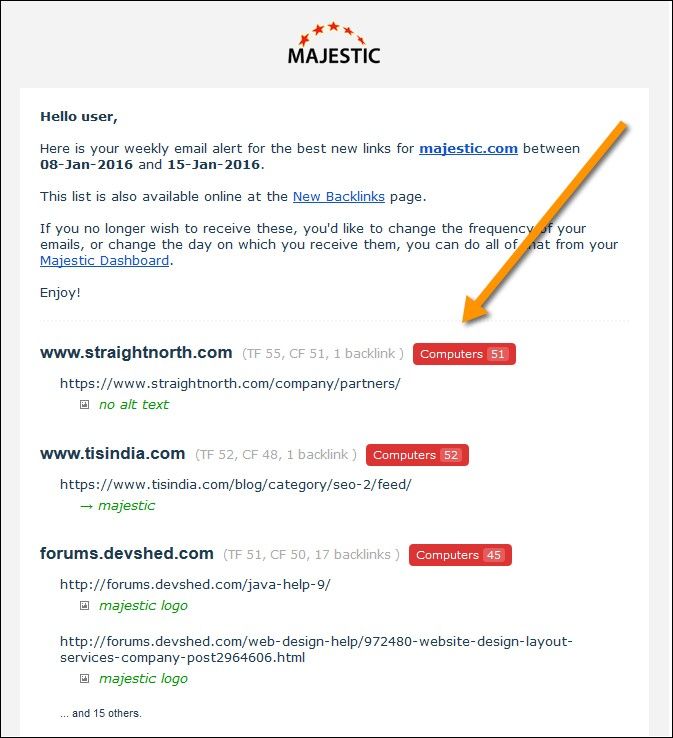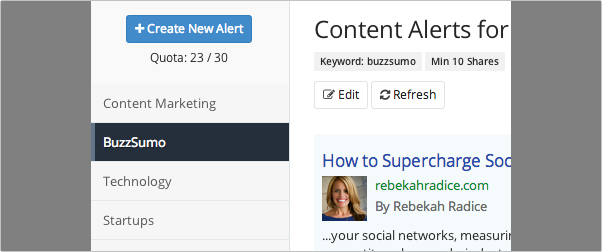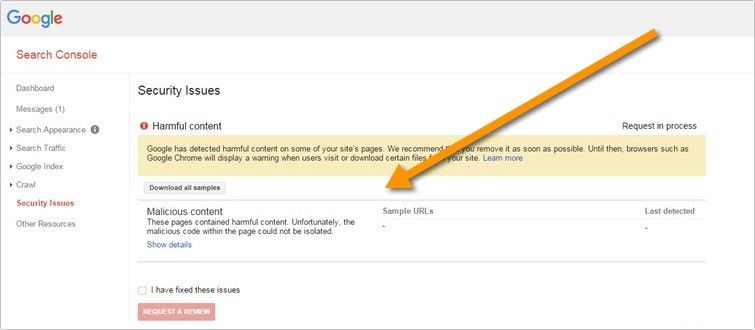While the web has offered the businesses the huge number of new marketing opportunities, it has also brought an increased insecurity.
It’s too easy to lose your web traffic (which in many cases constitutes 80% of your leads) in one day. Besides, business presence is subject to other major risks including ruined reputation and data leaks.
In many cases, these threats are directly imposed by your competitors who cannot find more effective ways to build online exposure or want to steal your customers.
Here are five major shady competitors’ tactics and how to protect your business from them:
Buying negative reviews to hurt your online reputation
How does it work?
Your competitor is paying other people to post negative reviews about your products or services across the web.This one is real and the bad news is that businesses are poorly protected, even when the attack is obvious.
One of the most ridiculous attacks in my experience was this case where a local business’s Facebook page got slammed with negative reviews and there was nothing to be done. The reviews had no comment (so they couldn’t be flagged or reported) and even the fact that they all came from Brazil (the local business is in Texas) couldn’t convince Facebook support that they were not legit.
How can you protect yourself?
Monitor your brand mentions through Mention.com and fight back as much as you can. This includes flagging reviews where possible, posting official replies, contacting the platform customer support, etc.
In the worst cases try to turn the situation into big news (this could be a great PR opportunity). Contact news outlets, get in touch with journalists, ask your loyal customers to defend your reputation, etc. In the end, this might be a good PR and community building opportunity for you. Never give up!
Stealing your PPC clicks
How does it work?
Your competitor buys a software or hires a cheap service to click your PPC ads in search results to drain your PPC budget. It’s a well-known and old tactic to try and get rid of competitors in search results.
While Google is good at identifying and blocking any unnatural clicking activity, you are still encouraged to monitor invalid clicks on your own end to keep on the safe side.
How can you protect yourself?
ClickCease is an advanced solution for companies investing large budgets into their PPC campaigns. It comes with detailed reporting, fraud recording (of how people (or bits) interacted with your site after clicking your AdWords ads), click fraud prevention and more.
Building low-quality links to your site
How does it work?
Your competitor buys a low-quality service to send thousands of backlinks to your page(s). This is intended to trip Google’s unnatural link building filters for Google to tank your rankings (automatically or via a manual penalty).
With the birth of link building penalties, this weird tactic has made its way into our world. It’s still one of the most arguable negative marketing tactics (in terms of its alleged efficiency) because investing in low-quality link building can potentially boost a web page rankings (there are still lots of websites with questionable backlink profiles ranking high in search results) but it is nonetheless a cause of huge concern.
One word of caution for businesses looking to protect themselves against this type of attack: Lots of SEO companies are using this term to sell their link monitoring services, so stay away from companies with questionable reputation. There are too many companies trying to earn money by fueling the fear.
How can you protect yourself?
Majestic offers a nice “Link alerts” feature that sends you an email of new links they find. This is a good way to keep an eye on your link profile in-house. You’ll get notified of any unusual activity by email to be able to promptly take a necessary action (i.e. update your Disavow file).
Content scraping
How does it work?
A competitor buys a software that scrapes your site content and publishes it around the web. The idea is that Google will devalue your content for duplicate content issues.
This is the least effective of all. First of all, there’s no such a thing as duplicate content penalty. Secondly, Google is quite good at identifying the source and it’s likely to simply filter the copies out.
However, hiccups may happen and it’s essential that you keep an eye on this possible threat.
How can you protect yourself?
In most cases, your site name and/or author name will end up in the scraped copy as well. Use either BuzzSumo or BrandMentions to be alerted if any of those unique identifiers end up on the web.
Once you start seeing your content is being scraped, monitor your rankings more closely to see if any of those copies get ranked. Start sending those DMCA notices whenever anything comes up in search results. Here’s a handy guide in case you are new to those.
Website hacking
How does it work?
This is the scariest of all, and in many cases, the most damaging. There are a lot of types of malicious attacks that can infect a website, steal private data or wipe it out from the web completely. All of those may be very damaging to the business bottom line and the brand reputation in the long run.
How can you protect yourself?
There’s no one solution here. Keep an eye on your Google Search Console (they are very prompt at alerting you whenever your site is infected) and use tools like Pingdom (they send an instant alert whenever your site is down).
Have you been attacked by competitors? Tell your story!




